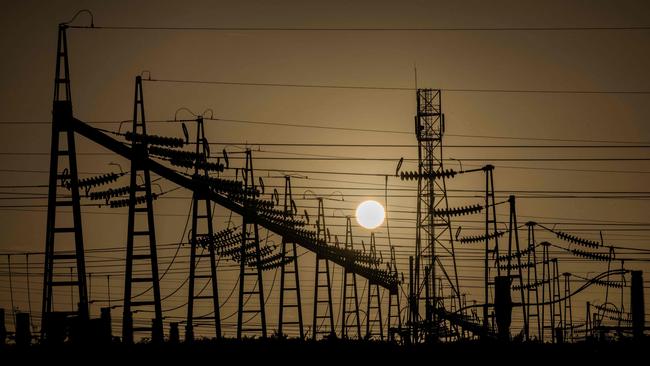
The more immediate and pressing concern for households already struggling with relentlessly climbing cost-of-living pressures is Treasury’s prediction that power prices will jump by 30 per cent in this financial year and by 20 per cent in the next.
Together, thanks to the magic of compounding, that suggests electricity will cost 56 per cent more by mid-2024.
Let’s be clear: there is simply no way an economy can function when power prices are rising that fast. Just ask the British, the Americans, the Europeans, where recessions appear increasingly likely. There is simply no way politics can proceed as usual. Just ask – again – the British, where voters are suffering whiplash following the quickest defenestration of a prime minister in modern history.
The emerging power price emergency is the legacy of a failure to properly prepare the country for our necessary energy transition. But it is also the price Australians are now paying for the decision to export all our gas, leaving us short at a time when Russia’s invasion of Ukraine has sent energy prices around the world skyrocketing.
This is a massive own goal that threatens our economic future and has to be dealt with through extraordinary market interventions.
That’s today’s problem. Tomorrow’s problem is the fact the NDIS, as necessary as it is, is simply unsustainable. The budget shows the NDIS will cost an estimated $51.8bn by the end of the forward estimates in 2025-26 – or 73 per cent more than the $29.9bn price tag in 2021-22.
As economist Chris Richardson says, this presents the ultimate nightmare for this and future governments – balancing the competing demands of the disabled and taxpayers. If the NDIS is not tamed, then it’s hard to see where the room can be made in the budget to accommodate its ever-expanding girth.
Jim Chalmers says he is ready to start the conversation with voters about how to put the budget back on a sustainable footing. He also says this needs to happen in this term of parliament, despite the government going to the election on a small platform that left no room for radical reform.
There’s no reason to believe Chalmers isn’t the right man at the right time to deal with these problems. But it will require leadership, and guts.




Ask Treasury officials what their biggest budget worries are and they’ll likely give you two: the ballooning NDIS bill and the impact of surging electricity bills.